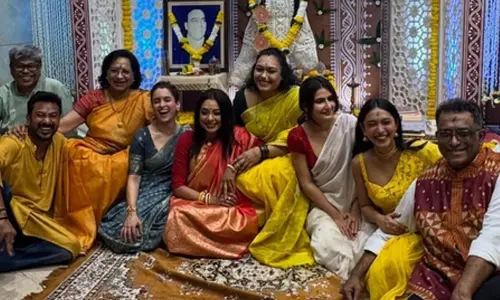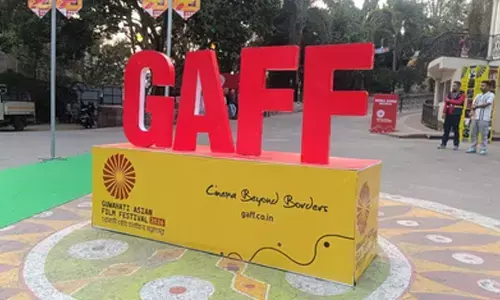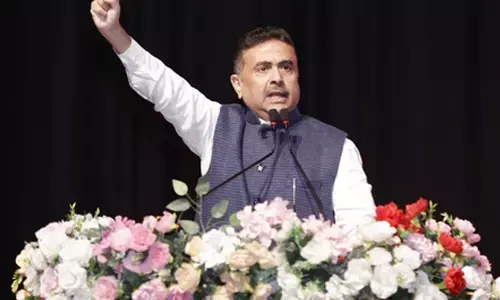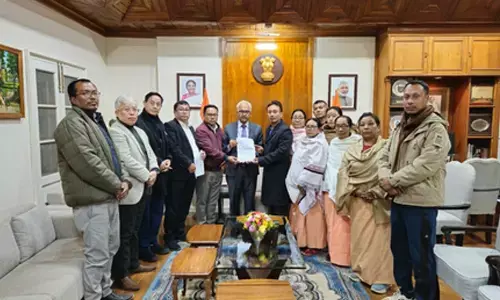No clarity yet on UCC for equality, justice to all

The Law Commission’s notification on the UCC and Prime Minister Narendra Modi’s reiteration of the BJP election manifesto ‘promise’ have let the proverbial bull into a China shop one could say.
The Law Commission’s notification on the UCC and Prime Minister Narendra Modi’s reiteration of the BJP election manifesto ‘promise’ have let the proverbial bull into a China shop one could say. The criticism the proposal faces stems from the fact that when it was first included, the UCC had no content mentioned against it. Nothing was drafted on it. What will the laws of divorce, alimony, inheritance rights and custody of children be has not been delineated, liberal voices have been pointing out.
There is a strong opposition not only from the Muslim Personal Law Board but also from the tribal groups and Sikhs to this. This apart, there are several customary laws limited to many social groups within the country and the UCC would infringe upon such laws of marriage, divorce, inheritance and transfer of land etc. Reports also suggest that one of the constituents of NDA and some BJP leaders from North East stated that they will stand to oppose it. To cap it all, Sushil Modi from BJP, Chairman of standing Committee of Law, has questioned the feasibility of UCC in tribal areas, including those in North East. Shiromani Akali Dal (SAD) has expressed their opposition to the Uniform Civil Code (UCC) and Akali leader Gurjeet Singh Talwandi has called upon Shiromani Gurdwara Parbandhak Committee (SGPC) not to dismiss the UCC as such but to initiate a dialogue with the Law Commission.
Progressive Muslim groups like ‘Indian Muslims for Secular Democracy’ have called for religion-neutral personal Laws. Some sections criticise Jawaharlal Nehru for not attempting to reform the Muslim Personal Law while advising Dr Ambedkar to reform the code for the Hindus first. The reason is evident. There could be a thousand conspiracy theories against this. Each one is entitled to one. But, it must not be forgotten the backdrop of such a suggestion from Nehru. Partition of the sub-continent by the British rulers had led to an insurmountable bitterness between the Hindus and the Muslims and millions perished in the flames of religious wrath.
In the shadow of the Partition riots, the then government did not want to thrust its will on the minorities. While an attempt has been made to codify the Muslim law, a criminal element was brought in to split the people in declaring triple talaq as unconstitutional. As for the Hindu Code, even this had been diluted by Dr Ambedkar following a massive outrage. No one is allowed to question traditions and customs. We are aware of the fact that despite many laws being enacted, societies have retained their ‘views’ firmly and follow their ‘norms’. We could mostly see such practices in marriages where ‘everything’ is agreed upon.
Uniformity does not always bring justice to all and equality. In fact, it ends where the main door of Indian society begins, inside which, age-old practices, equations and cultural practices dictate life. Rebels could be there, but they would be branded as such and sneered upon. Fight against injustice is rarely taken to the logical end due to several constraints. Is it not better to talk about gender justice rather than UCC because the latter is all about benefiting women? Can there be gender justice in matters of divorce, inheritance, custody of children by imposing any law, which is curated from diverse existing codes? If not, how does the government plan to impose UCC in reality and on the ground? Perhaps, the country needs gender reforms more. Is anyone listening?














